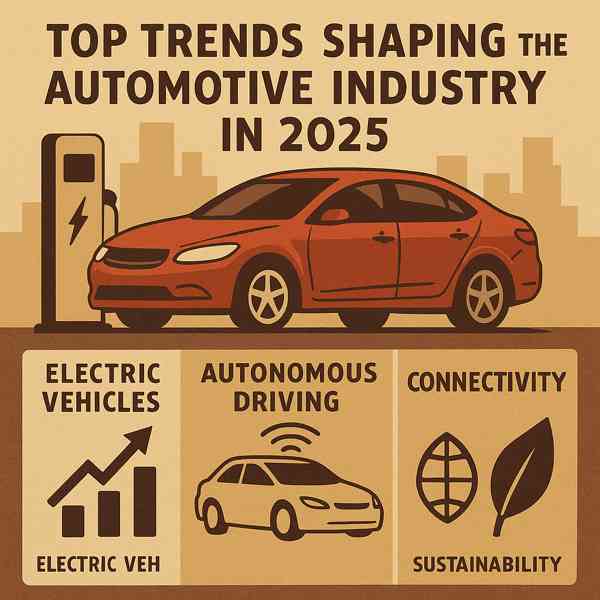Electric Vehicles Explained
Electric Vehicles Explained
Blog Article

With zero emissions and cutting-edge technology, EVs are quickly becoming a future standard for personal and commercial travel.
As battery technology improves and infrastructure expands, owning an electric vehicle has never been more accessible.
Understanding EVs
Unlike gasoline-powered cars, EVs produce cleaner transportation outcomes.
What powers EVs:
- Replaces the internal combustion engine
- Usually lithium-ion or solid-state
- Manages energy flow from battery to motor
- Allows the vehicle to recharge from external sources
Electric vehicles come in various types, such as plug-in hybrids (PHEVs)—each with different levels of electrification.
Why Choose an EV?
The rise of electric vehicles is fueled by their positive environmental impact.
Why EVs are gaining popularity:
- Electricity is cheaper than gas
- Environmental sustainability
- Better overall driving comfort
- Financial perks for EV buyers
For eco-conscious and cost-aware drivers, electric vehicles are an increasingly responsible choice.
Challenges of Electric Vehicles
Understanding the limitations of electric vehicles will help you make an informed decision.
Common concerns include:
- May require more frequent charging
- Longer trips need planning
- More expensive upfront than comparable gas models
- Battery lifespan and replacement
As technology advances and infrastructure improves, many of these challenges are becoming less significant.
Different Kinds of EVs on the Market
Not all electric vehicles are the same.
Main types of EVs here include:
- Fully electric with no gas engine
- Electric motor with backup gasoline engine
- Hybrid Electric Vehicles (HEVs)
- Fuel Cell Electric Vehicles (FCEVs)
Each type has its pros and cons, so buyers should evaluate their needs.
Understanding Charging Options
There are multiple charging levels and methods depending on your daily usage.
Types of EV charging stations:
- Level 1 Charging
- Faster and ideal for daily use
- DC Fast Charging
- Still in development or premium models
As public charging networks expand, EV owners will enjoy even more support and reliability.
What’s Next for EVs?
As governments push for cleaner energy and manufacturers invest in innovation, the future of EVs looks unavoidable.
Trends shaping the future include:
- Higher energy density and faster charging
- Vehicle-to-grid (V2G) integration
- Combining EV tech with self-driving systems
- Expansion of affordable EV models
As innovation continues, EVs will become more dominant in the automotive world.
Final Thoughts on Electric Vehicles
Electric vehicles represent a major shift in how we think about transportation.
From environmental benefits to cutting-edge tech, electric vehicles offer a powerful alternative to traditional cars.
Report this page